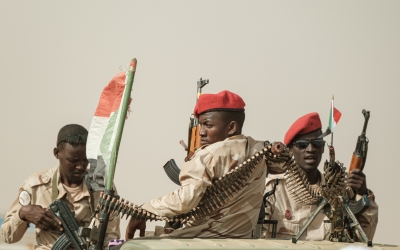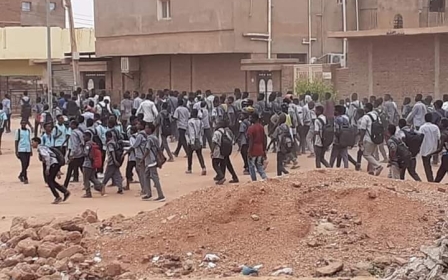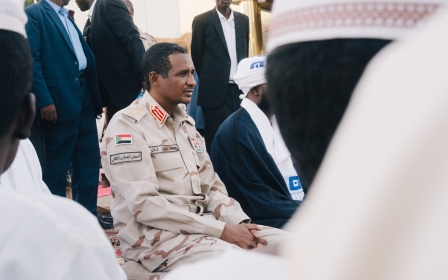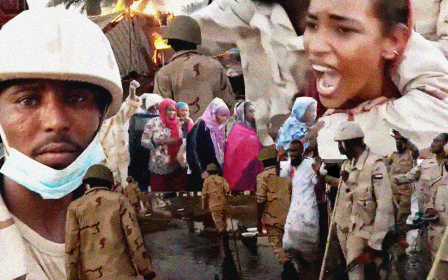Sudan paramilitary funnelling weapons into Central African Republic, UN report reveals
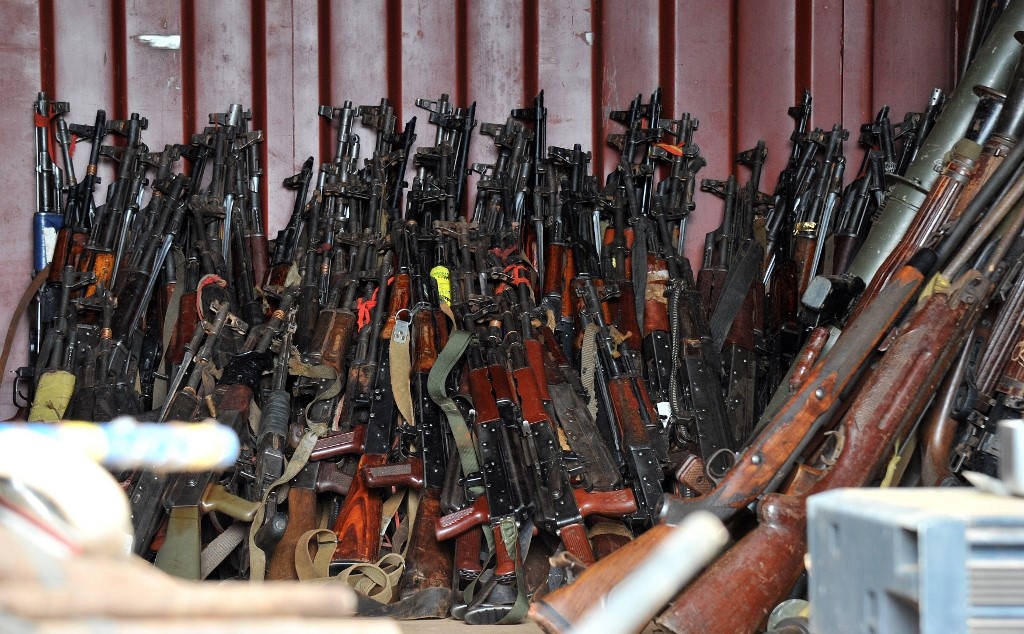
Sudan's notorious Rapid Support Forces (RSF) paramilitary has been selling weapons and military equipment to rebels from the Central African Republic, fuelling a military buildup that could threaten the country's peace process, according to a UN report.
The RSF's commander, Mohamed Hamdan Dagolo, commonly known as Hemeti, also met with Khartoum-based CAR militia leader Noureddine Adam several times in 2019.
Since the turn of the year, when a huge protest movement began in Sudan, Hemeti has been positioning himself as one of the country's most powerful leaders and had a key role in the removal of longtime autocrat Omar al-Bashir.
Groups previously part of the Seleka coalition of rebels, who forcibly took power in CAR in 2013, have been buying weapons and pickup trucks from the RSF, despite signing peace agreements with the government, according to the report published at the end of July.
"FPRC [The Popular Front for the Rebirth of CAR] and UPC [Union for Peace in CAR] have continued to acquire weapons, ammunition and pickup vehicles from and/or through Sudanese territory, with the complicity of elements from the Rapid Support Force," said the report authored by a panel of UN experts.
According to the report, former Seleka groups purchased pickup trucks in Sudan's western Darfur region between January and May 2019. Darfur borders CAR and is the birthplace of the Janjaweed militia, from which the RSF was formed.
The report details how several CAR rebel groups travelled between the Darfuri towns of Nyala and Birao, across the border in to the Central African Republic, to buy vehicles, assault rifles, grenade launchers, ammunition and uniforms.
Dozens of machine gun-mounted pickup trucks were spotted in Birao in January 2019, as rival groups displayed their replenished arms stocks. The RSF deployed 60 vehicles of fighters to the border at the time.
According to the report, the rebels claimed they were acquiring weaponry to prepare for potential government offensives against them.
Exiled Sudanese broadcaster Radio Dabanga has previously reported that Russian forces have trained former Seleka rebels from a base near the border in south Darfur.
The UN report also notes that Russian military instructors had been involved in the transfer of "material" from Sudan into CAR.
The largely Muslim Seleka fighters were accused of abuses against CAR Christians during their military offensive on the capital Bangui in 2013, which prompted a backlash by rival "anti-Balaka" militias that targeted Muslims.
The Associated Press news agency estimated that more than 5,000 people had been killed in the conflict by September 2014.
In February, the CAR government signed a peace agreement with 14 militias in Khartoum, but there have been concerns about how to disband the militias or absorb them into regular forces.
Violence has continued, however, and the UN report raises concerns about the potential for further violence, as groups continue to acquire weapons from the RSF and traffickers in Chad.
Middle East Eye delivers independent and unrivalled coverage and analysis of the Middle East, North Africa and beyond. To learn more about republishing this content and the associated fees, please fill out this form. More about MEE can be found here.


